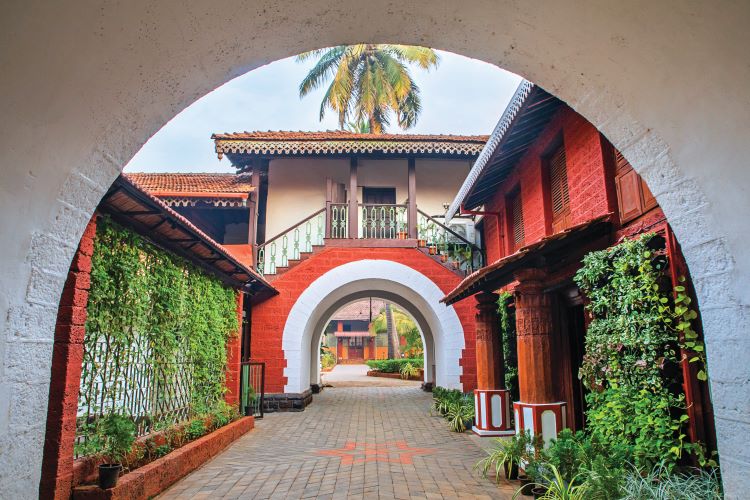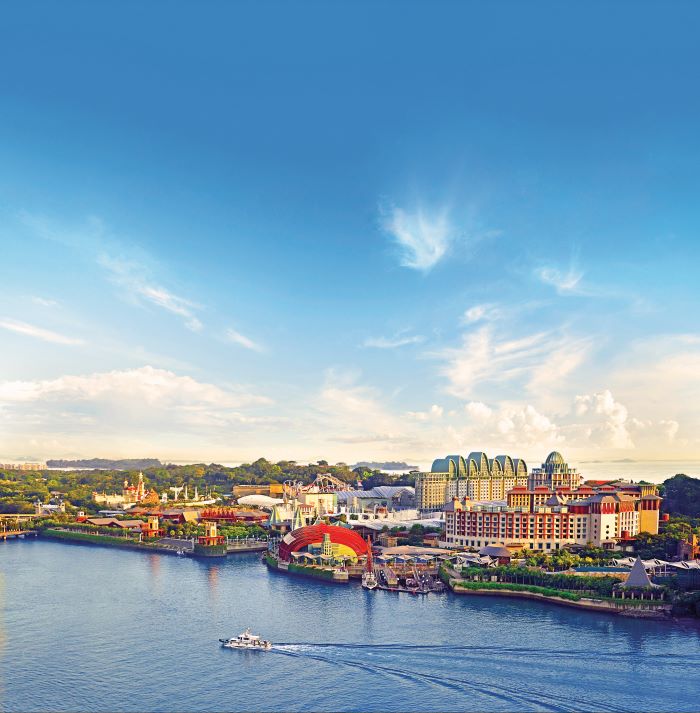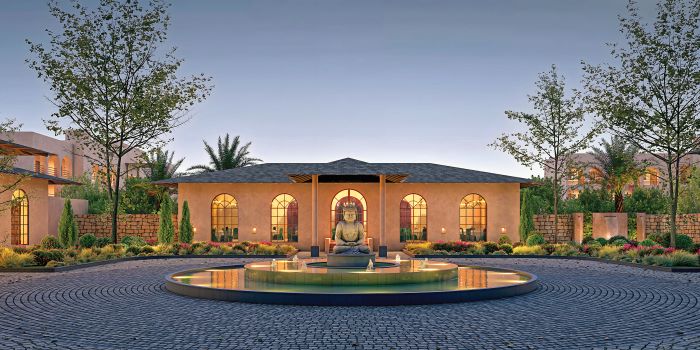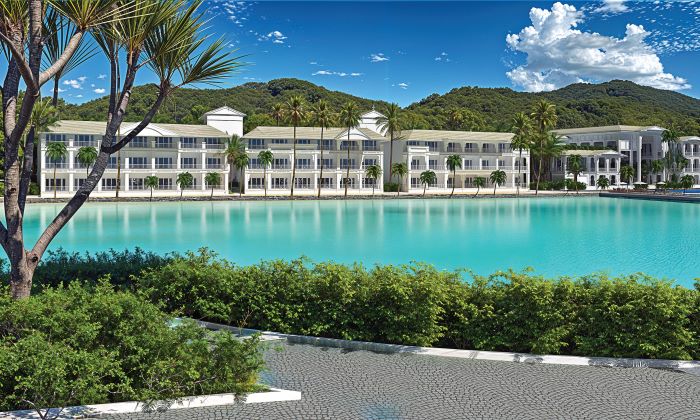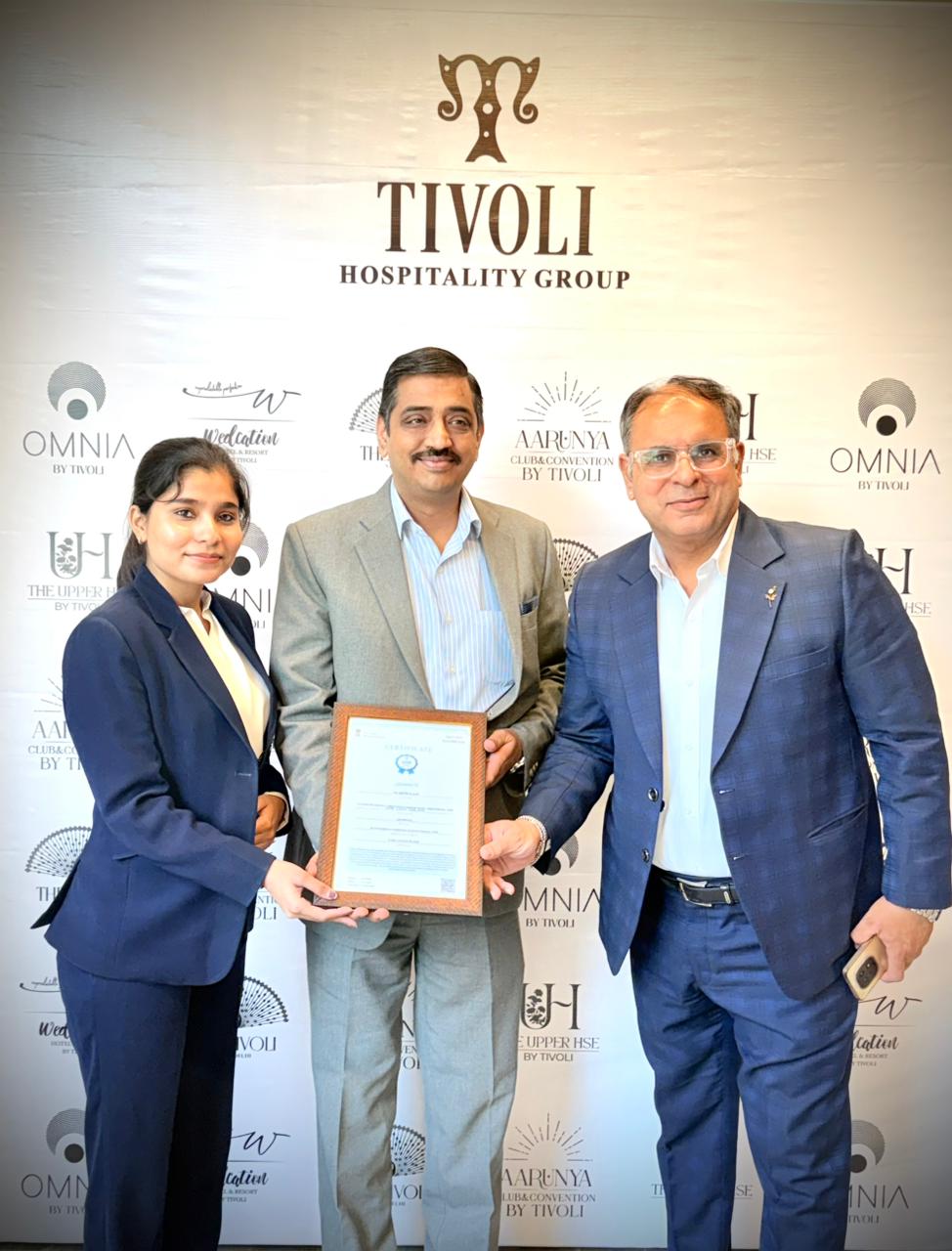There is a pressing need for significant change in industry’s perspective on responsible travel, recognising it as crucial imperative for well-being of planet.
Shoba Rudra
For sustainability to be the focus of any business, it requires a personal awareness of the plight of our planet which is reeling under the stress of unprecedented population growth. Every industry must seek to build its own conscience, especially considering that travel and hospitality are identified as two of the most carbon-intensive businesses, contributing to about 8–10 per cent of global emissions. One is also constantly bombarded with information, matrices, verified and unverified statistics on global warming and climate change effects, some of which hover right over us.
Consider sustainability as a personal choice, a good place to begin is to ask questions from oneself, of the business one does and the life one leads on a compromised planet. A good reference point is the social media to what is happening around you, both in terms of challenges and solutions where climate change is concerned. The curious bit is you will be fed with both, and you can choose either—to know and act or live in denial. The choice is yours, of course, but the consequences are devastatingly global and often irrevocable.
Having worked around within a limited time frame, my experience and awareness in the tourism business are almost conjunct with that of my business of promoting small and boutique hotels, each with a story to tell. I began with what could be one of the first active and well-known sustainable lodges, powered by the ethos of Tiger Tops, Churhat Kothi reflected Chief Seattle’s immortal words, “All things share the same breath—the beast, the trees, and man. The air shares its spirit with all the life it supports.” This was a lesson in inclusivity, local experiences and location. Ironically many of the hotels that joined the community were somehow connected with Tiger Tops, which in the 70s and 80s gained a cult status in pioneering environmentally responsible tourism with an unwavering commitment to the community and wildlife.
The community we have built as RARE India, lists all lodges and hotels from the subcontinent, where owners have developed a strong model with sustainability as a central ethos, at the same time offering world-class accommodation. Many of them have made it their personal mission to constantly innovate and shift to better systems. Large or small organisations, the vision and belief have to be spearheaded by the individual driving the change within the company, and progress has to be measured under a balanced, self-motivated and transparent matrix, until a policy is in place where incentives and penalties will enforce the shift towards climate-friendly businesses.
Sustainable travel means travelling responsibly considering all the data we have about the impact of our travels and business operations. There are organisations that have been quietly working towards promoting and operating sensitively, long before the global alarm bells went off. The good news is that we are in the interim zone of change, particularly in the tourism industry. I would believe we are in the beginning of the interim phase which is where both radical and continuous change happens. This is also when there is notable contribution from individuals and organisations as initiators and catalysts. However, you will also find a lot of grey areas, with much green washing and unsubstantiated claims. In fact, many of the true practitioners continue to envision sustainability as a journey, learning and unlearning along the way. As an industry, we are in our biggest growth phase and can make the shift to mainstreaming global policies and practices.
This shift has to incorporate understanding, the scope and effects of tourism on the planet, from the obvious and often quoted to the smaller and overlooked issues. The good news is there are organisations, which have been working towards helping build such solutions. From auditing businesses and operations to the first course of action as mitigation, to impact assessment and finally towards verified and climate intelligent offsetting. Tourism has to continue investing time, energy and resources seriously. Carbon emission and its calculation must be adopted as a serious and bonafide matrix to gauge carbon footprints and to standardise claims in the area of sustainable travel, which will soon become as important as average room revenue and categorisation. Organisations and the industry serious about their carbon footprint will have to build this into a voluntary and self-regulating exercise to mitigate and measure their emissions. Ministry of Tourism is working towards this seriously towards this goal through their campaign ‘Travel for Life’. Sustainable travel is not a trend; it is a crucial mindset that questions the logic of unstoppable growth on a finite planet.
About the author
Shoba Rudra is a storyteller and marketing communications professional, who runs a hospitality marketing platform called RARE India. This platform promotes boutique and experiential hotels. Operated by owners or hosts, these hotels are chosen based on the key ethos—community inclusive and planet sensitive.
(The views expressed are solely of the author. The publication may or may not subscribe to the same)
As an industry, we are in our biggest growth phase and can make the shift to mainstreaming global policies and practices.


